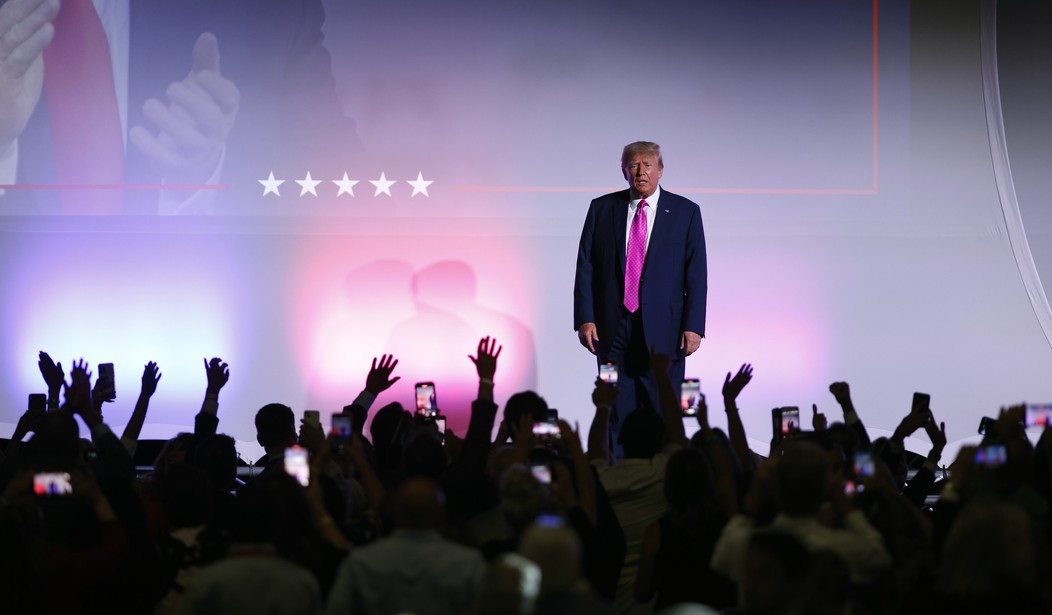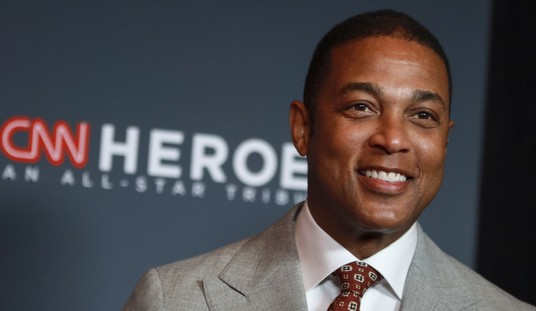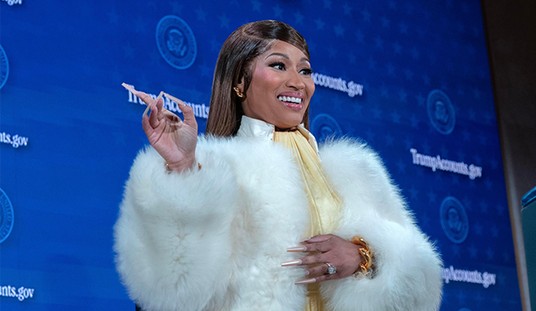Former President Donald Trump has dismissed the leaked audio recording of him discussing classified documents as a “hoax” and claimed it was an effort to interfere in the upcoming 2024 presidential election.
The former president criticized Special Counsel Jack Smith for the leak and referred to the recording as an “exoneration” rather than evidence in his federal criminal case. If this is part of his defense, there could be a slim chance that he will avoid jail time.
During an interview, Trump slammed the leaking of the audio and the entire case against him, calling it a “disgrace.”
Former President Donald Trump continued to dismiss the leaked audio recording related to classified documents, calling it “just another hoax.”
“I would say election interference more than anything else. It’s a disgrace that they can do it,” Trump said in a Fox News interview Tuesday. “Everything was fine. We did nothing wrong, and everybody knows it.”
The former president continued, arguing that he had many papers on his desk at the time of the recorded meeting. “I said it very clearly – I had a whole desk full of lots of papers, mostly newspaper articles, copies of magazines, copies of different plans, copies of stories, having to do with many, many subjects, and what was said was absolutely fine. … We did nothing wrong. This is a whole hoax,” he said.
The former president has pleaded not guilty to criminal charges of illegally retaining national security records and obstructing efforts to recover them. He faces a total of 37 felony charges related to the alleged improper retention of classified documents at his Mar-a-Lago estate after leaving office. In the Fox interview, Trump claimed that he was discussing news clippings and denied the existence of any classified documents. Trump has also cited the Presidential Records Act and executive privilege in defense of his actions but insisted that he did nothing wrong.
However, an audio recording obtained by CNN appears to show Trump discussing purportedly classified materials, including top-secret U.S. military attack plans on Iran, and acknowledging their classified and highly confidential nature. Although the recording and the Iran document, if it exists, are not named as specific charges in the case, they were mentioned in the initial indictment.
While the recording has raised eyebrows, legal experts are suggesting that Trump’s defense strategy, focusing on the lack of visual evidence and the possibility that he never actually revealed the contents to an unauthorized person, might have some merit. Harvard law professor Alan Dershowitz has even hinted that this approach could help Trump avoid prison.
The professor on Tuesday wrote a piece on his Substack also noting that if a member of the prosecution leaked the audio recording to CNN, it “would almost certainly constitute a crime or at the very least a violation of Justice Department rules.”
One key aspect of Trump’s defense is the fact that the leaked recording is audio-only. Without any visual evidence, it becomes challenging to determine the exact nature of the interaction and what precisely transpired during the conversation. While the recording captures Trump discussing classified materials and referring to papers, it does not definitively establish whether he actually displayed the contents of those papers to anyone present. This lack of visual context could be crucial in Trump’s defense, leaving room for reasonable doubt regarding his intentions and actions.
On the audio recording, Trump can be heard mentioning a desk full of papers. This statement lends some credibility to the argument that he might have possessed various documents, including classified ones. However, the recording does not provide conclusive evidence that Trump shared any classified information or breached protocols by revealing classified content to others.
It is conceivable that he might have boasted about possessing such materials without showing them to anyone in the room. This ambiguity allows Trump’s defense team to argue that his actions were more akin to bravado than an intentional disclosure of classified information.
Dershowitz suggested that Trump’s lawyers may employ the approach of claiming that he “just kind of waved it [the papers] in front of him [the other person] as part of his kind of bragging.” This tactic aims to create doubt regarding whether Trump shared classified content or whether he merely used the papers as a prop during his conversation. Dershowitz’s perspective underscores the potential validity of such a defense strategy, highlighting the need to establish Trump’s intent and actions beyond a reasonable doubt.
On his Substack, Dershowitz also suggested that it is possible that Trump might have erroneously believed the documents were classified:
It is possible, however, that although Mr. Trump believed the material to be classified, its contents had already been made public, and it had thereby lost its status as top secret and classified. Mr. Trump may not have known this, but some previously classified material may automatically lose that status when the contents are made public. If this is the case, then Trump could not be charged with unlawfully possessing and showing classified secrets.
While Trump’s defense strategy might initially appear audacious, legal experts like Dershowitz have pointed out its potential efficacy. As the case unfolds, the absence of visual evidence, coupled with the possibility that Trump merely waved the papers without disclosing their contents, could cast enough doubt on the prosecution’s claims.
The burden of proof lies with the state, whose job it is to prove Trump’s guilt beyond a reasonable doubt. In this political climate, is it even possible that a jury might believe this defense creates enough doubt to exonerate the former president? I suppose we will find out soon enough.














